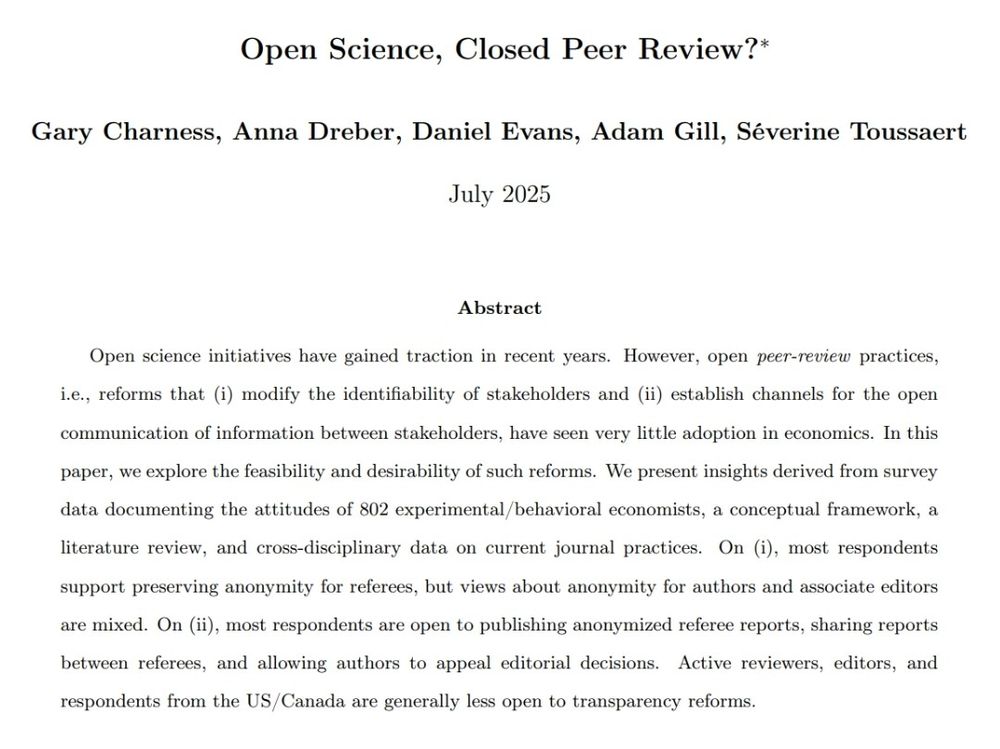Adam Gill
@adam-gill.bsky.social
56 followers
81 following
7 posts
PhD Candidate in Economics at Uppsala University
https://sites.google.com/view/adam-gill/
Posts
Media
Videos
Starter Packs
Reposted by Adam Gill
Adam Gill
@adam-gill.bsky.social
· Dec 6
Adam Gill
@adam-gill.bsky.social
· Dec 6
Adam Gill
@adam-gill.bsky.social
· Dec 6
Adam Gill
@adam-gill.bsky.social
· Dec 6




